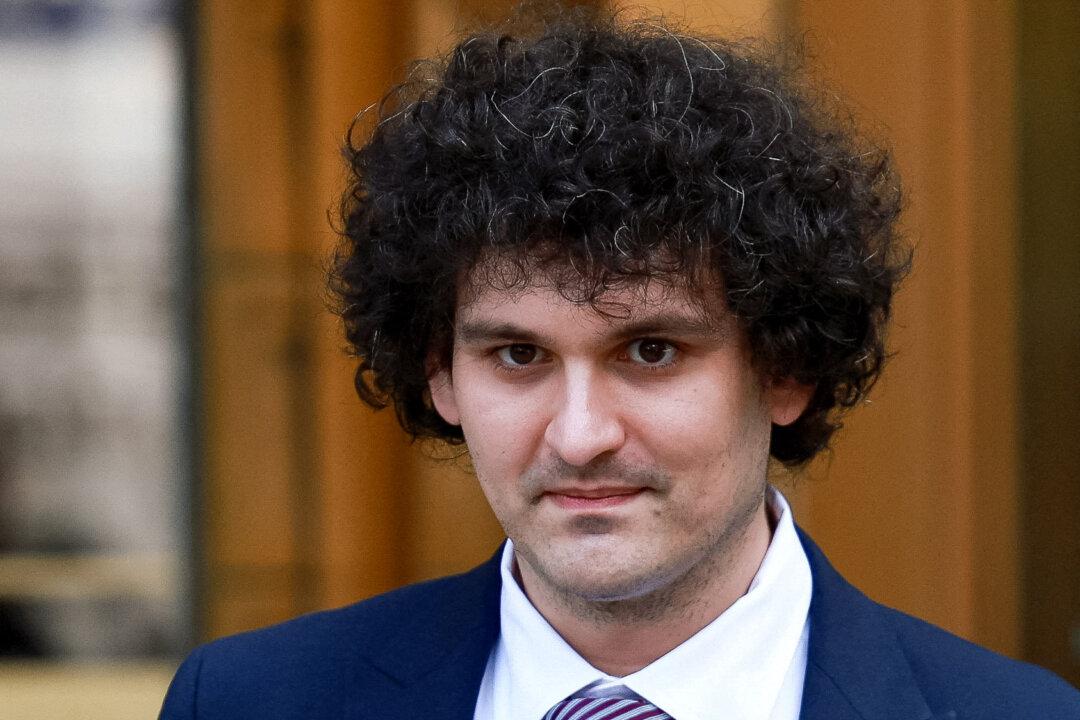As the March 28 sentencing of FTX founder Sam Bankman-Fried draws near, a marked lack of consensus exists as to whether he deserves the lenient 6.5-year prison term his attorneys have asked for, or the much longer sentence, up to or in excess of a hundred years, that prosecutors are seeking.
Thanks partly to his commingling of funds with FTX’s Alameda Research hedge fund affiliate, an estimated $9 billion of deposits are still lost. The cryptocurrency markets reeled for many months after a Nov. 6, 2022, tweet from Binance founder Changpeng Zhao led quickly to the exchange’s implosion.





